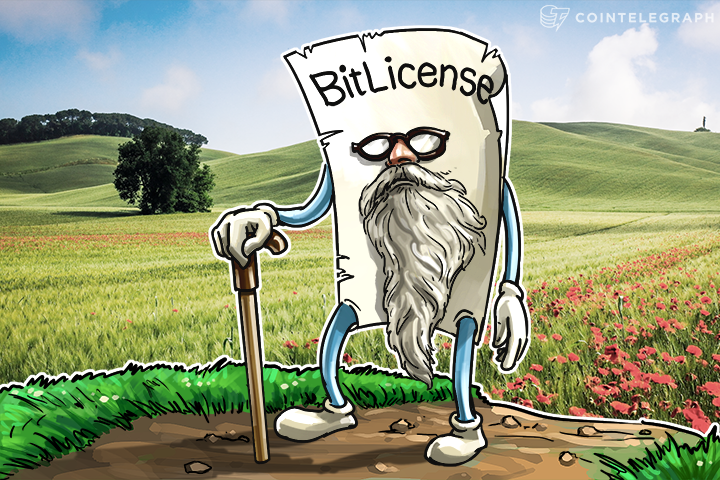Since the New York State Department of Financial Services (NYDFS) launched its new means of regulating companies operating in the cryptocurrency industry, BitLicense, eight months ago in June 2015, the regulatory process has only approved one application.
Launched to foster acceptance by administrative bodies
When it was announced that the NYDFS was launching its BitLicense programme in New York, the news was met with positive remarks by leading industry professionals. Many take the view that regulation, although it may limit the cryptocurrency industry temporarily, is in reality hugely beneficial as it means there is growing acceptance by administrative bodies, and therefore hopefully, the general public will feel more comfortable using the new technology.
A spokesperson for the NYDFS tells Fortune:
“There are always going to be those who argue for little-to-no regulation, but we think that ultimately the BitLicense is going to a be a positive for the long-term health of this industry. If digital currency is going to gain wider adoption, strong consumer protections and oversight (to help ensure that customer money doesn’t fall into a black hole) will be critical.”
A number of companies, such as Bitfinex, BitQuick, BTCGuild, Eobot, Genesis Mining, GoCoin, Kraken, LocalBitcoins, Paxful, and Poloniex, made a decision to leave New York in order not to have to deal with BitLicense. “This particular piece of legislation is unnecessary and is an obstacle to free market innovation,” wrote Genesis Mining on its blog. Kraken, an exchange headquartered in San Francisco, said that the license, “comes at a price that exceeds the market opportunity of servicing New York residents. Therefore, we have no option but to withdraw our service from the state.”
Application difficulties
Despite the programme being in operation for eight months, starting in June 2015, only one license has been granted, to Circle. As reported on CoinDesk, “some of the industry’s more well-funded applicants, such as bitcoin exchange Coinbase and bitcoin storage specialist Xapo, indicated that their applications are still being processed.”
They further reported that figures provided to the media outlet by an NYDFS representative indicated that “as many as 21 industry startups are now operating under the BitLicense's safe harbor provision, but waiting for a formal confirmation that they are licensed bitcoin services providers in New York.”
The application costs $5,000 but the paperwork is extensive and requires legal help, which carries additional fees. Jaron Lukasiewicz, CEO of Coinsetter, tells Fortune his company spent nearly $50,000 to apply for the BitLicense. George Frost, chief legal officer at Bitstamp, told Coindesk it was more like $100,000 for his company.

What will happen to BitLicense next
The NYDFS has been somewhat criticised by the industry, after CoinDesk spoke to former NYDFS attorney, Dana Syracuse, who defended the novel programme saying that, “the process so far does not differ from traditional Money Service Business (MSB) licenses” and that companies yet to be approved could still operate under the law’s safe harbor provision.
However, this somewhat backfired as it has long been recognised that applying for an MSB in New York State is costly, slow, and is difficult for large well politically-connected companies with armies of attorneys, accountants and the like, let alone small startups, so in saying that BitLicense’s process was no different, he inadvertently confirmed industry fears about tardy approvals.
It is not quite clear what level of action the NY Department of Financial Services will take against companies that continue to operate in New York without a BitLicense. Having a BitLicense might be considered as a “nice to have,” but not crucial. “I do think the biggest story in bitcoin in the next year,” Lukasiewicz says, “will be watching the NYDFS and seeing what develops next.”


